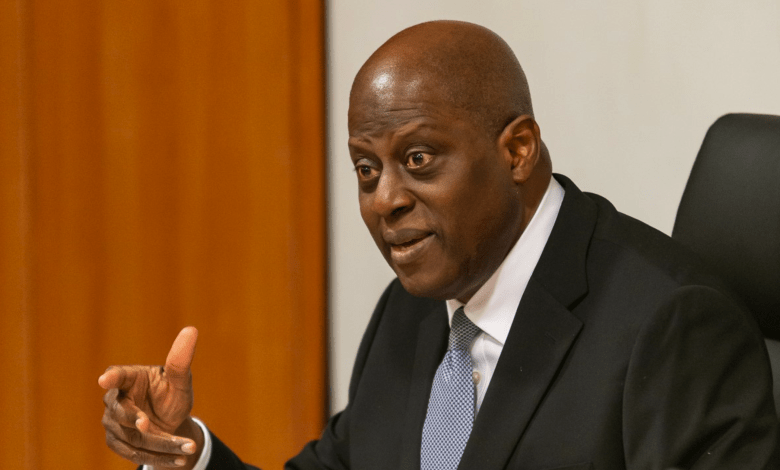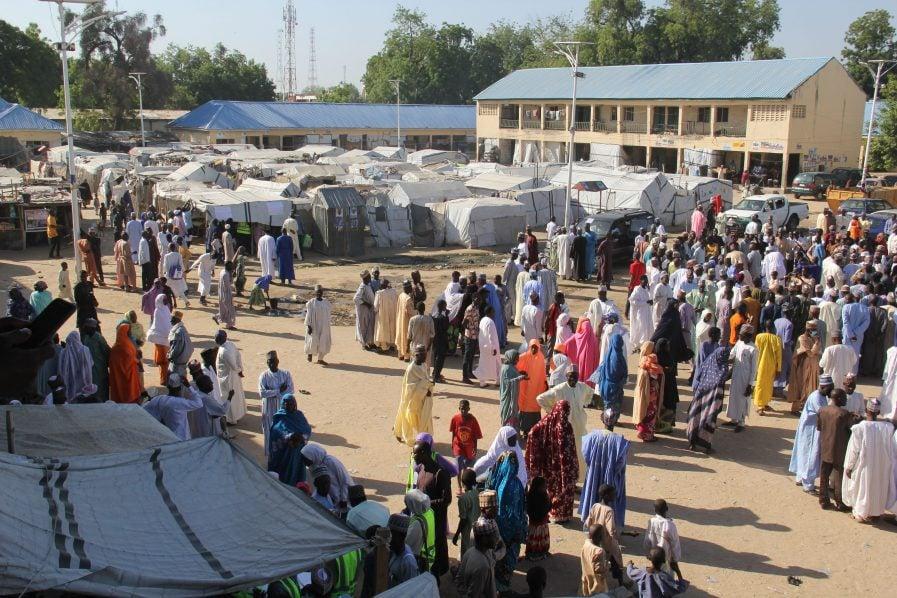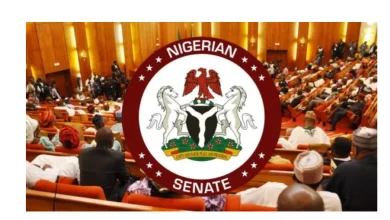
The Governor of the Central Bank of Nigeria (CBN), Yemi Cardoso, has outlined strategic measures aimed at addressing the country’s rising inflation and fostering economic growth, particularly through the non-oil sector. Speaking before the House of Representatives Committee on Banking, Cardoso emphasized the CBN’s role in steering the Nigerian economy towards stability and growth, with a vision to achieve a US$1 trillion economy by 2030.
In his address, Cardoso highlighted the recapitalization policy initiated by the CBN, which has encouraged banks to strengthen their financial positions. This process is expected to fortify the Nigerian banking sector, making it more resilient by March 2026, a move aimed at supporting the broader economic goals.
Cardoso also discussed the nation’s macroeconomic performance, projecting a growth rate of 3.2% for 2024 and 3.3% for 2025, with an anticipated increase to 4.3% in subsequent years. He pointed out that the non-oil sector continues to drive the economy, contributing 94.30% to the nation’s GDP with a steady growth rate of 2.80%. The oil sector, buoyed by improved security and surveillance, also saw its growth rate almost double, reaching 10.15% in the second quarter of 2024, up from 5.70% in the previous quarter.
The Services sector, Cardoso noted, remains the primary economic driver, contributing 58.76% to GDP with a growth rate of 3.79%. The Industrial sector, too, has shown remarkable improvement, with its growth rate surging to 3.53% from 0.31%. Agriculture, which had previously struggled with negative growth, saw a turnaround, contributing more to GDP and achieving a growth rate of 1.41%, up from -0.90%.
Cardoso also touched on Nigeria’s foreign exchange reserves, which grew by 12.74% to US$39.12 billion as of October 11, 2024, compared to US$34.70 billion at the end of June 2024. This increase was largely driven by foreign capital inflows, remittances, and receipts from crude oil-related taxes. He added that Nigeria’s reserves are now sufficient to finance over 12 months of imports, significantly higher than the international benchmark of 3 months.
Despite these positive developments, inflation remains a challenge. Cardoso acknowledged that inflation, largely driven by high food prices and energy costs, had reached 34.19% in June 2024. However, he noted a deceleration in inflation, which eased to 32.15% in August 2024, thanks to the CBN’s aggressive monetary tightening and coordinated fiscal measures.
In response to inflation, the CBN has fully reverted to an orthodox monetary policy approach, raising the policy rate by 850 basis points to 27.25% and increasing Cash Reserve Ratios. The Bank has also adopted an Inflation-Targeting (IT) monetary policy framework as part of its 2024–2028 Enterprise Strategy, a globally recognized tool for combating persistent inflation.
With these measures in place, Cardoso expressed optimism that inflation would continue to trend downward in the near-to-medium term, helping to stabilize prices and support sustainable economic growth.





